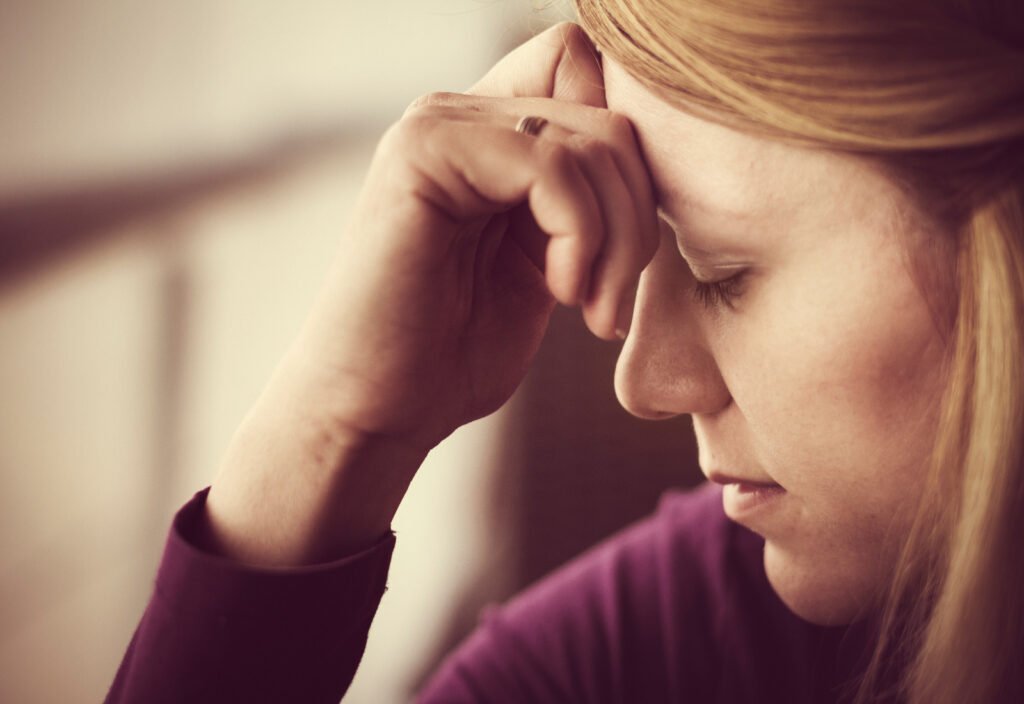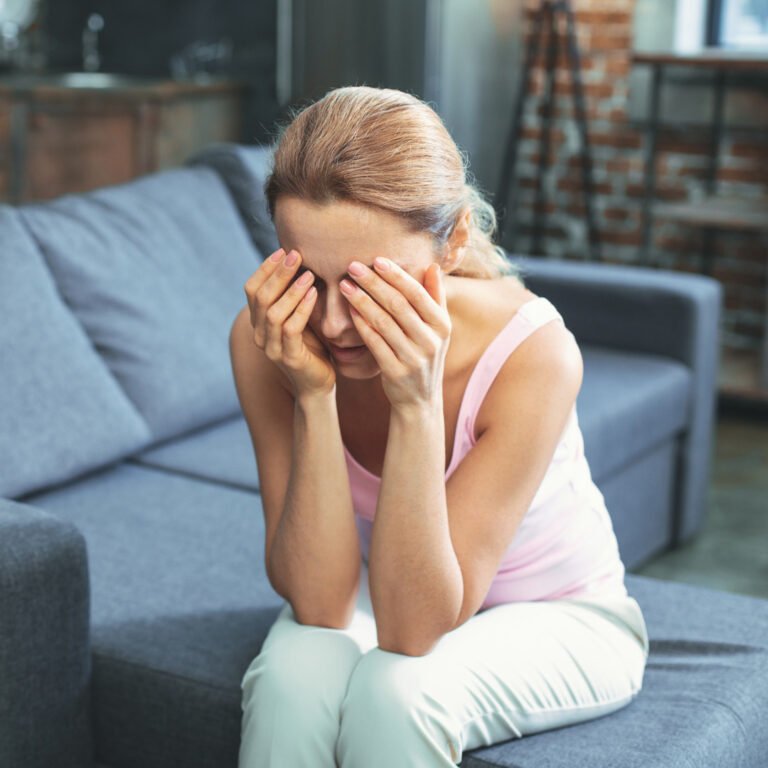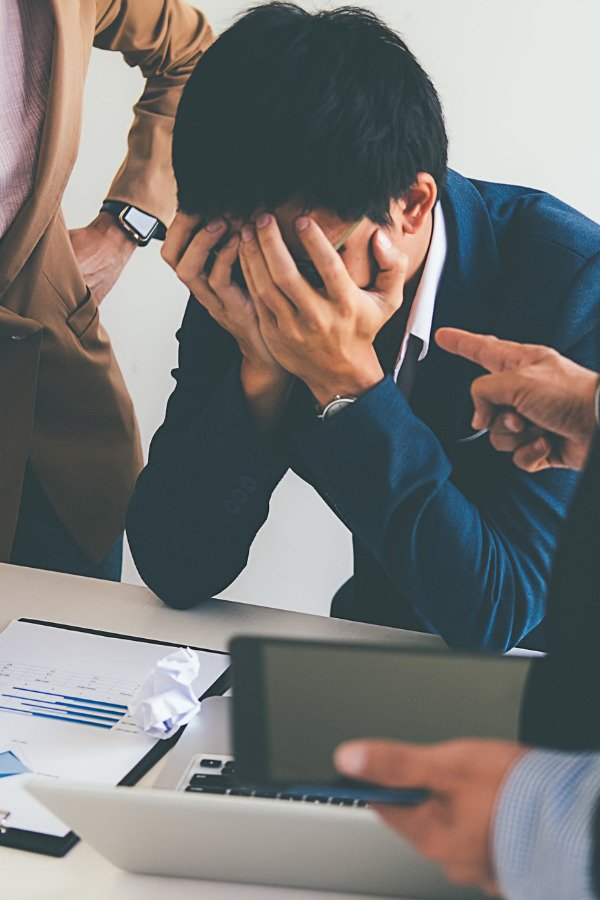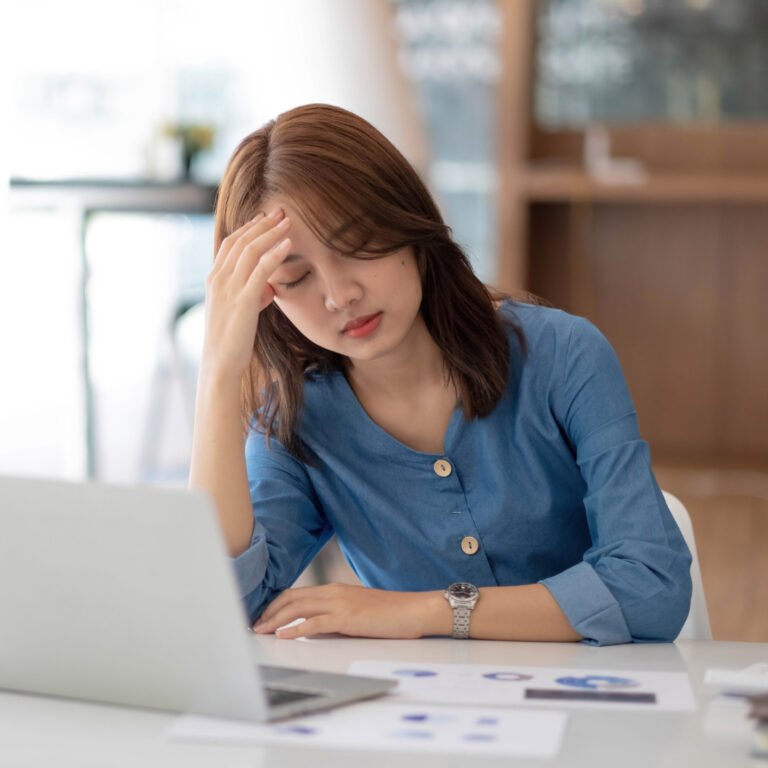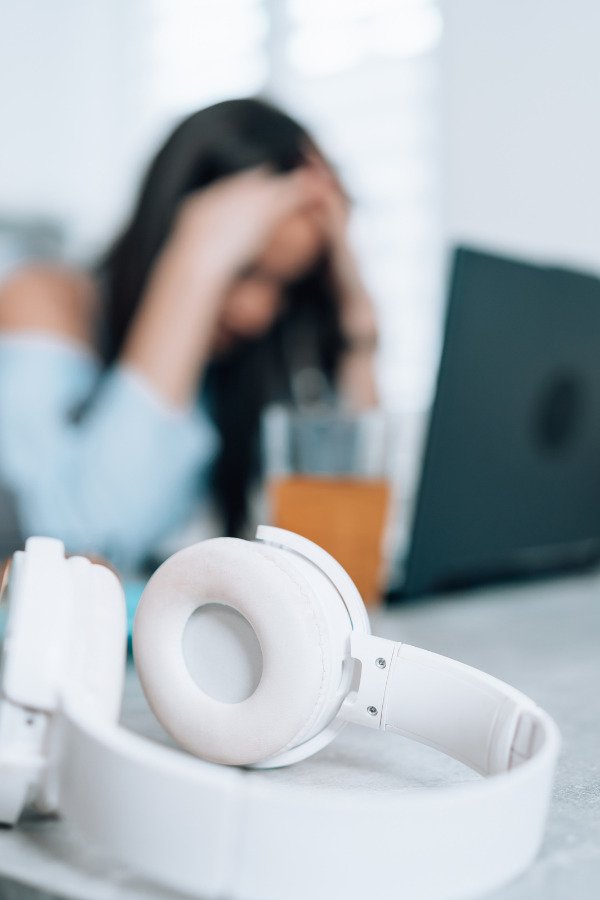Guilt Free living:Understanding its Emotional Burden and Ways to Heal.
Folks! Have you ever experienced being entrapped by guilt?
You know, that nagging feeling appears when you accomplish something you are not very proud of?
Guess what, though? It’s not just you! Guilt frequently appears when you least expect it, like an unexpected guest at a party.
You make a choice that, at the moment, seems right, but you later come to regret it. Hey, remember that thing you did?
That’s guilt poking at your shoulder. Yes, that’s not cool. It’s like having a judge, jury, and executioner all in one, which is awful.
"
In this article, Let’s explore the dark corners of guilt. We will understand the nature of this uncomfortable emotion, its origins, and its potential beneficial and harmful effects on our lives.
By the end of this article, you’ll know it is necessary to confront guilt head-on and come to terms with this challenging and frequently contradictory emotion.
The Guilt Puzzle
Where does Guilt Come From?
Since the earlier century, people have experienced guilt, a powerful emotion.
And this feeling arises, when we think we have done something wrong or have fallen short of our moral standards, we experience that guilt feeling within us.
But where does this complicated feeling come from? Why does it appear in certain circumstances but not in other situations?
Guilt can have many causes and is frequently a complicated emotional reaction to our deeds or ideas.
But from where Guilty originates?
1.Individual Expectations: The Burden of Perfection
Unrealistic personal standards and the quest for perfection can make guilt feel worse.
When we put too much pressure on ourselves to be immaculate, even the slightest apparent failure can result in crippling shame.
Effectively managing guilt requires learning to distinguish between good self-improvement and unrealistic expectations.
2. The Root of Guilt Patterns or Early Life Events
The emotional responses we have, especially guilt, are greatly influenced by the experiences we had as children.
Our relationship with guilt later in life may be shaped by early encounters with caretakers, the enforcement of rules and penalties, and how we were taught to think about mistakes and wrongdoing.
This foundation may have an impact on whether guilt develops into a motivating factor for moral development or a source of self-blame.


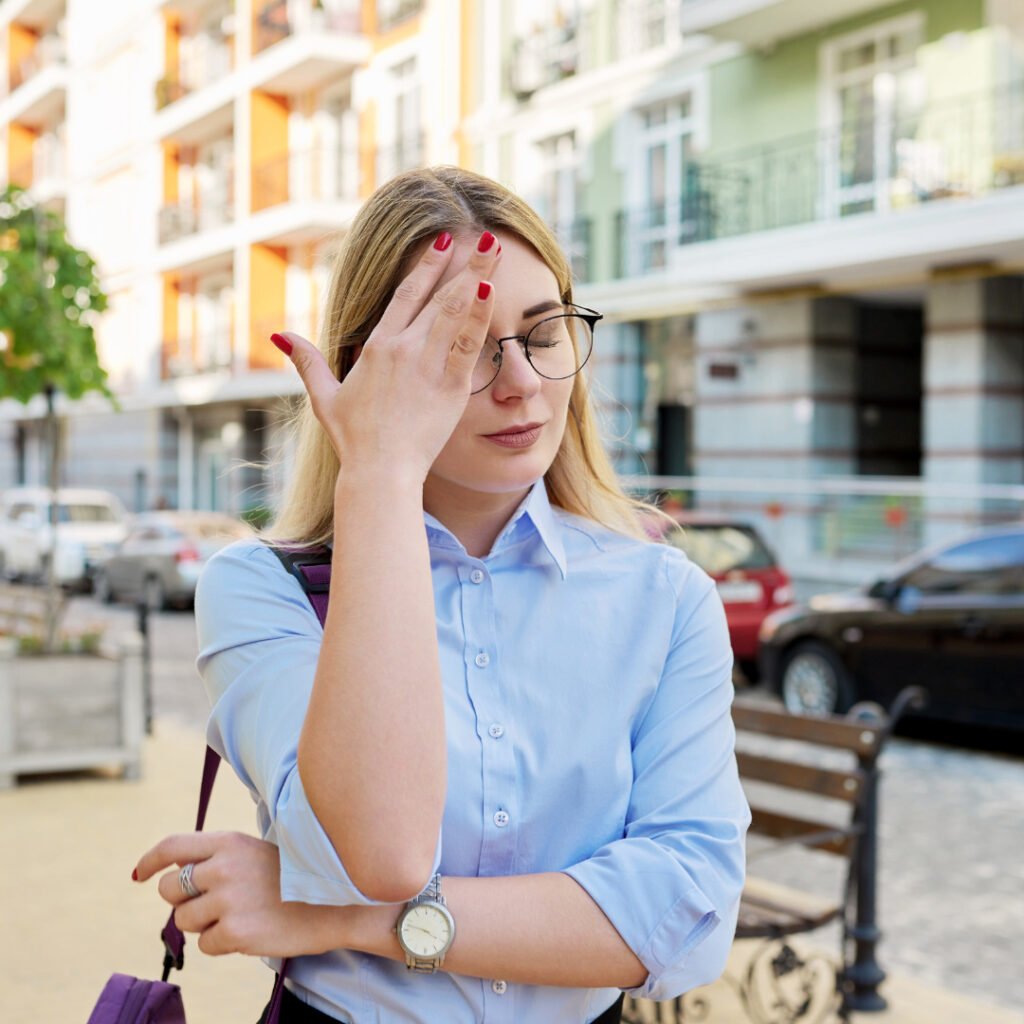
3.Internal Moral Compass.
Our internal moral compass is one of the leading causes of guilt.
We learn societal ideals, moral principles, and cultural standards early on, impacting our perception of sound and wrong.
We feel guilty as a normal reaction to the alleged violations when our behaviors or decisions depart from these standards.
This internal conflict between what we perceive as correct and how we act can leave us feeling incredibly responsible and guilty.
4. Seeking Acceptance
Understanding the causes of guilt requires consideration of the impact on society.
When we fall to match our community’s standards, societal norms, cultural beliefs, and peer pressure make us feel guilty about it!
Even when their behaviors may not align with their true desires or values, people can feel guilty due to their fear of being judged and rejected.
"
Guilt: A feeling of responsibility or remorse for some offense, crime, wrong, etc., whether real or imagined
Shame and guilt are two emotions that are frequently paired together.
They may appear the same, but believe me they are not.
Guilt VS Shame
You’ve made a mistake, and your gut feels heavier as you sit there.
But is it guilt or shame?
Guilt
Guilt frequently concentrates on the deed you committed, such as when you unintentionally broke your friend’s favorite mug.
It sounds like a small voice is saying, “Oops, that wasn’t the best move.”
Example: Imagine you yelled at a family member and feel bad about offending them. “I wish that I could change what I just said.”
Shame
Shame affects your self-worth directly rather than merely your behavior.
Even though you didn’t do anything wrong, you have that constant feeling that you’re inadequate and a failure.
Example: You feel ashamed and useless when you make a mistake at work.
“Nothing I try to accomplish is correct.”
Moral of the Story:
Be nice to yourself if you are experiencing guilt or shame. We all make errors, and it’s acceptable to share feelings.
Recognize what you’re going through, and remember that no single deed or error defines who you are.
Remind yourself that:
Guilt can create a heavy burden that affects our physical and mental health.
- Making a mistake at work and being ashamed about it do not define your entire career. Accept compassion for oneself and consider this experience as a chance for development..
- If you find yourself feeling ashamed of yelling at your family, take the courageous step of confronting them and sincerely apologizing for your mistake. Use this moment as a learning experience and make a commitment to avoid repeating it in the future.
What is the Weight Of Guilt in Person?
How Does Guilt Affect A Person?
A person’s general well-being might be negatively impacted by guilt.
People may gradually start to feel inadequate, making it challenging to pursue their goals.
As guilt takes hold, they may get indulged in self harming acts believing they don’t deserve to move forward due to their mistakes.
Guilt even affects our health in many ways:
1.Emotional Disturbance:
Feelings of sadness, regret, and self-blame can result from acute mental distress brought on by guilt.
It could lead to an ongoing psychological struggle between what someone did and their ideals or beliefs.
Example: one of my friends accidentally broke her brother’s coffee machine. She felt a heavy guilt in her heart. She couldn’t stop replaying the moment in her mind. She tormented herself about how careless she had been. This incident made her feel incredibly sorry and distressed inside.
2. Anxiety and tension
Anxiety and chronic stress can be brought on by guilt, which can cause a chain reaction of stress chemicals. It can be difficult to relax and find calm when we are constantly troubled with regret and worry over our previous deeds.
Example: not having enough time to spend with your aging parents. Can constantly worry you that you are not doing enough for them, which leads to ongoing anxiety.
3.Sleep Disorder and Insomnia
We may have trouble falling or remaining asleep all night if guilt interferes with our sleep patterns.
Relaxing and getting restorative sleep might be challenging when experiencing the emotional upheaval of guilt.
Example: You feel wrong about your disagreement with your partner before night. Then you replay the talk at night because of the guilt, wishing you had handled it better.
4. Health Related Disorders
Excessive guilt can have negative effects on one’s physical health, causing or increasing a number of medical disorders.
- Cardiovascular problems
- Eating disorders
- Self harm or Suicidal Ideation
- Post Traumatic Stress Disorders(PTSD)
Example: feeling wrong about not being able to support your family financially enough. Excess stress and guilt can lead to cardiovascular problems, increasing blood pressure.
5. Negative coping strategies
Some people may use inappropriate coping strategies to numb or distract themselves from these uncomfortable emotions due to guilt.
Example: Seema feels terrible about a workplace error she committed. She uses excessive alcohol consumption as a momentary escape from the guilt, which can result in more health issues.
Once you understand why you may be feeling guilt, the next step is to figure out how to manage it.
Moving On
Free Yourself From The World Of Guilt!
If you are trying to cope with persistent feelings of guilt, there are things that you can do that make it easier to manage these difficult emotions.
Consider Trying Some of These Strategies!
1. Realize that having needs is okay
Worries that you are stingy with your time, money, or energy are frequently the source of guilt.
However, it’s important to remember that nobody can constantly be everything to everyone.
You also have wants, and those needs are just as legitimate as those of others.
2. Become conscious of everything you do.
Recalling all the good things you do when feeling guilty may be difficult. Consider compiling a list of all the nice things you do for people.
The number of good deeds much outweighs any imagined errors.
3. Set Reasonable Expectations
Be fair to both yourself and others when setting expectations. Recognize that everyone makes mistakes, and give yourself some breathing room.
You can only sometimes be available for everyone.
4. Take care of your mental health
If mental health conditions or past trauma are playing a role in your guilt, it might be a good idea to talk with a psychiatrist or psychologists.
They can work with you to identify areas you may need help with and offer strategies to manage your guilty feelings.
5. Make up for it
Ungrateful people may need help accepting new ideas or looking for alternatives.
They could be wary of leaving their comfort zone or thinking that change will increase their stress levels.
8. Resistance to Change
Sometimes, feeling guilty can serve as a call to action, forcing you to accept responsibility for your actions. Remorseful feelings frequently vanish after making these changes.
You can attempt journaling or write a letter to say what you couldn’t know at the time if you can no longer make amends to someone, perhaps because they have passed away.
You can then discard it in some way — such as ripping it up or burning it — afterward as an act of closure.
“Guilt is the thief of life”
That’s all, dear readers!

Feelings of guilt help us re-examine our behavior and avoid repeating the same mistake.
However, guilt can be unhealthy if it's causing significant distress in our lives or if it's chronic and persistent, this can also be linked with many mental health conditions such as anxiety, obsessive-compulsive disorder, post-traumatic stress disorder, etc.
Some of the healthy ways to cope with guilt can be Expressing your feelings: You can talk about your emotions with trusted family members or friends or channel your emotions through journaling.
1. Forgive yourself: Learn to be compassionate towards yourself, learn from your mistakes, take responsibility, and move on.
2.Understand nobody is perfect: Accept that we all are human beings and tend to make mistakes.
Final Thoughts
Being guilty might help you become a more sympathetic and empathetic person. I’ve learned to be kinder to myself and others by accepting it.
I encourage and empathize with individuals around me by drawing on my experiences.
Let’s welcome guilt as a chance for progress rather than fear it.
We become more robust and more innovative when we accept our flaws and are willing to learn from our failures.
We can discover healing and open the door to a more fulfilled life by being kind to ourselves and committing to getting better.
Remember that it doesn’t feel perfect is an opportunity to grow and improve.
Subscribe to new post
The One Liner
Useful Links
Order Related Queries
Useful Links
Order Related Queries
